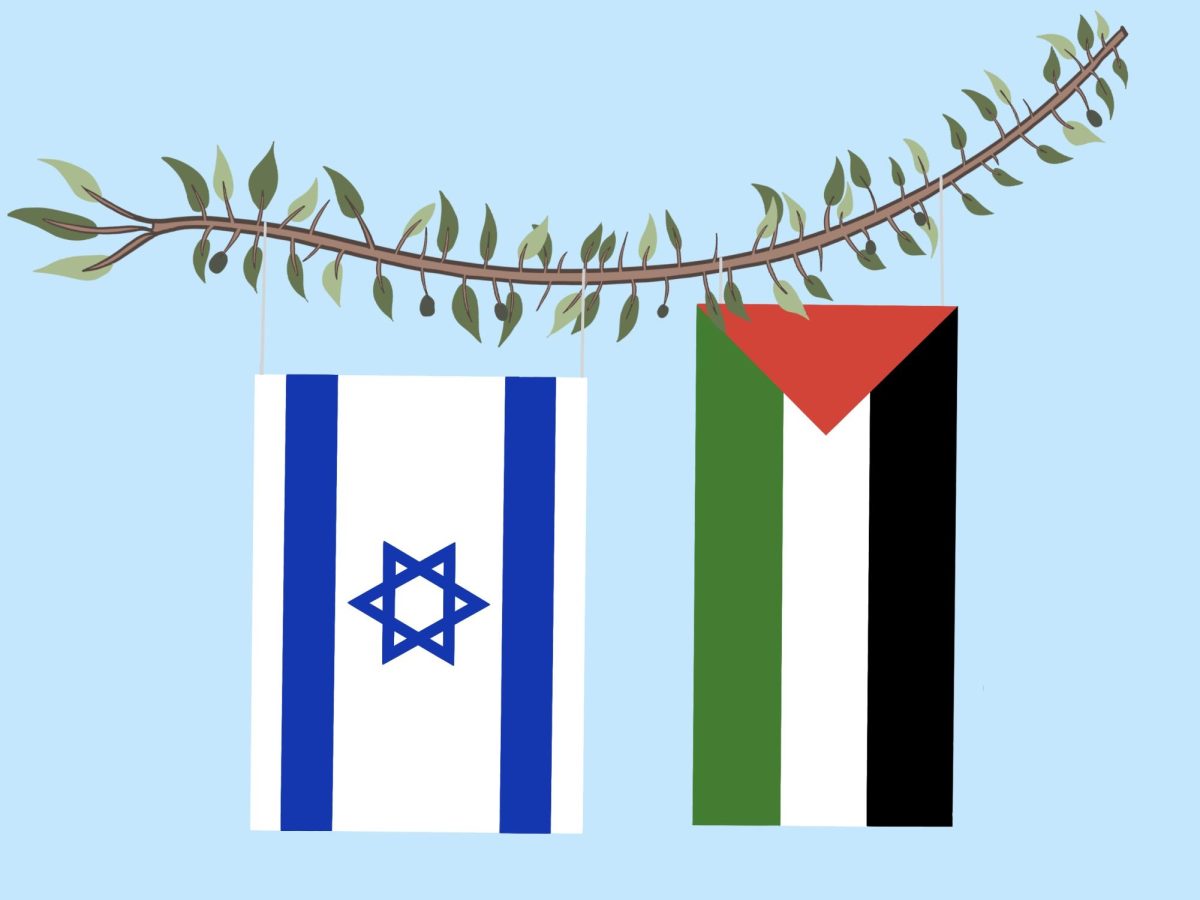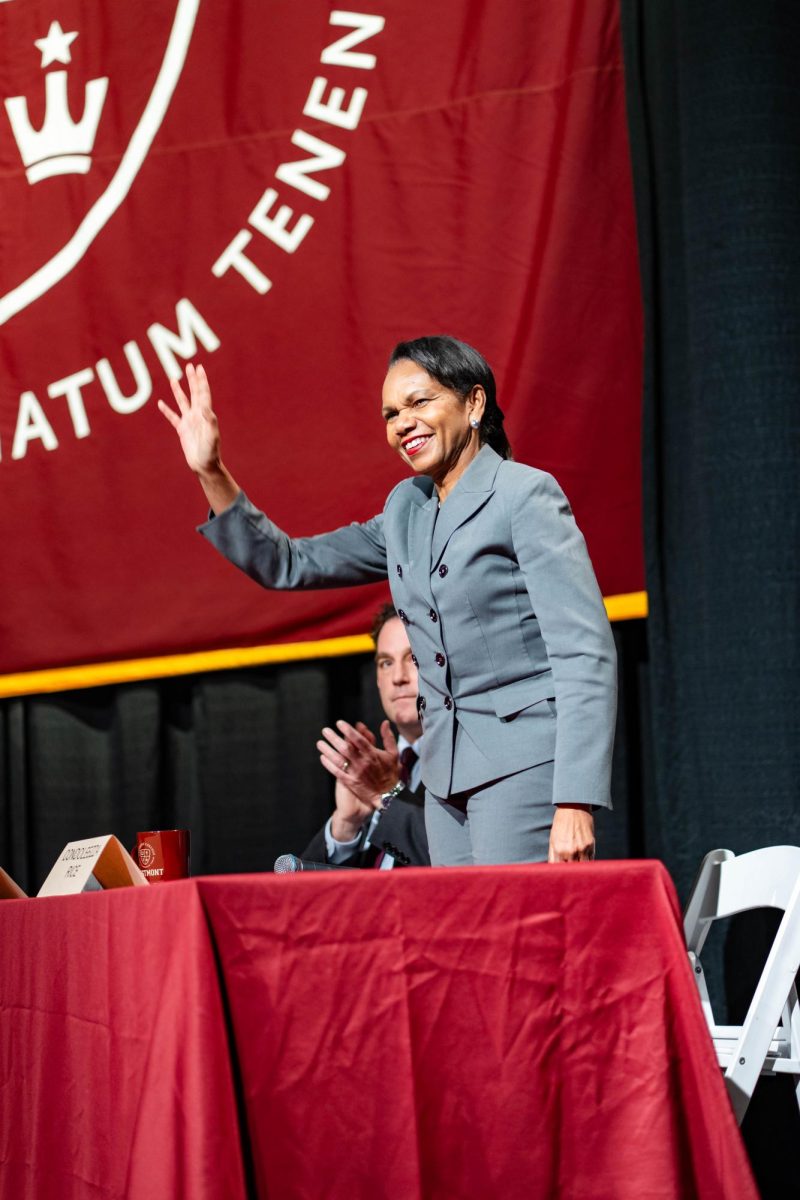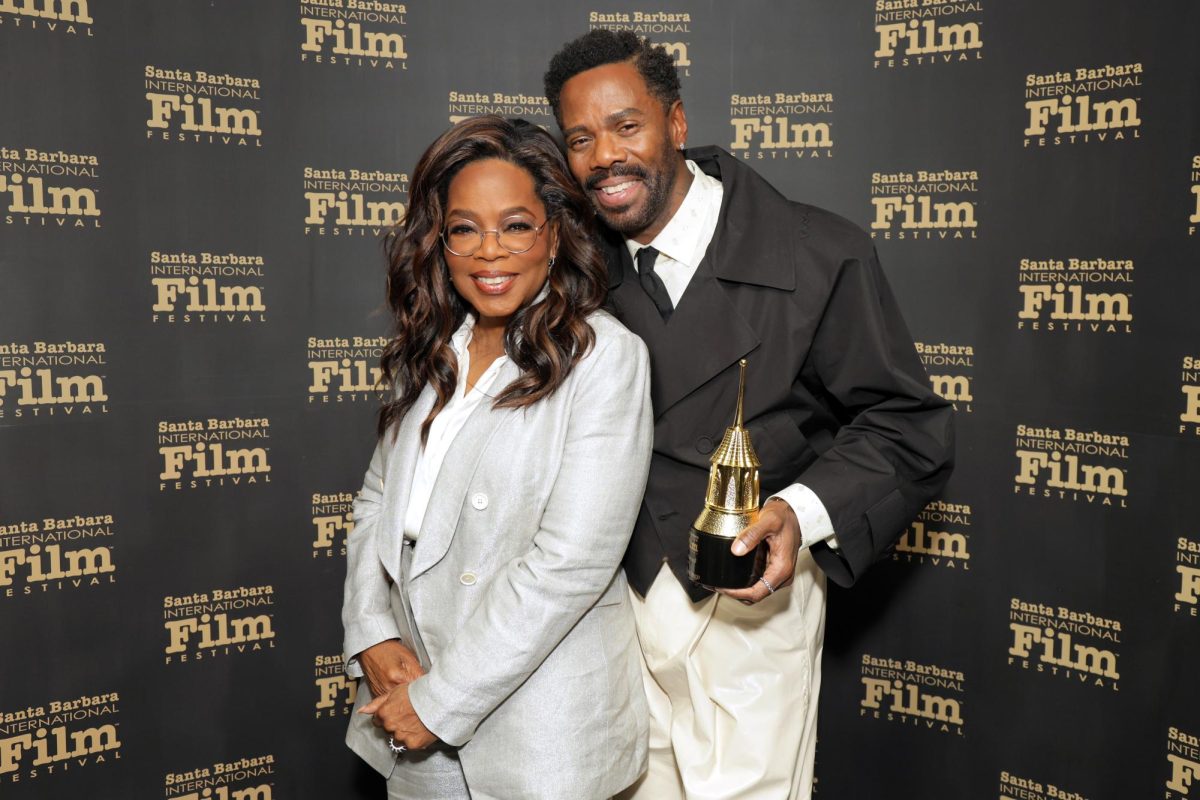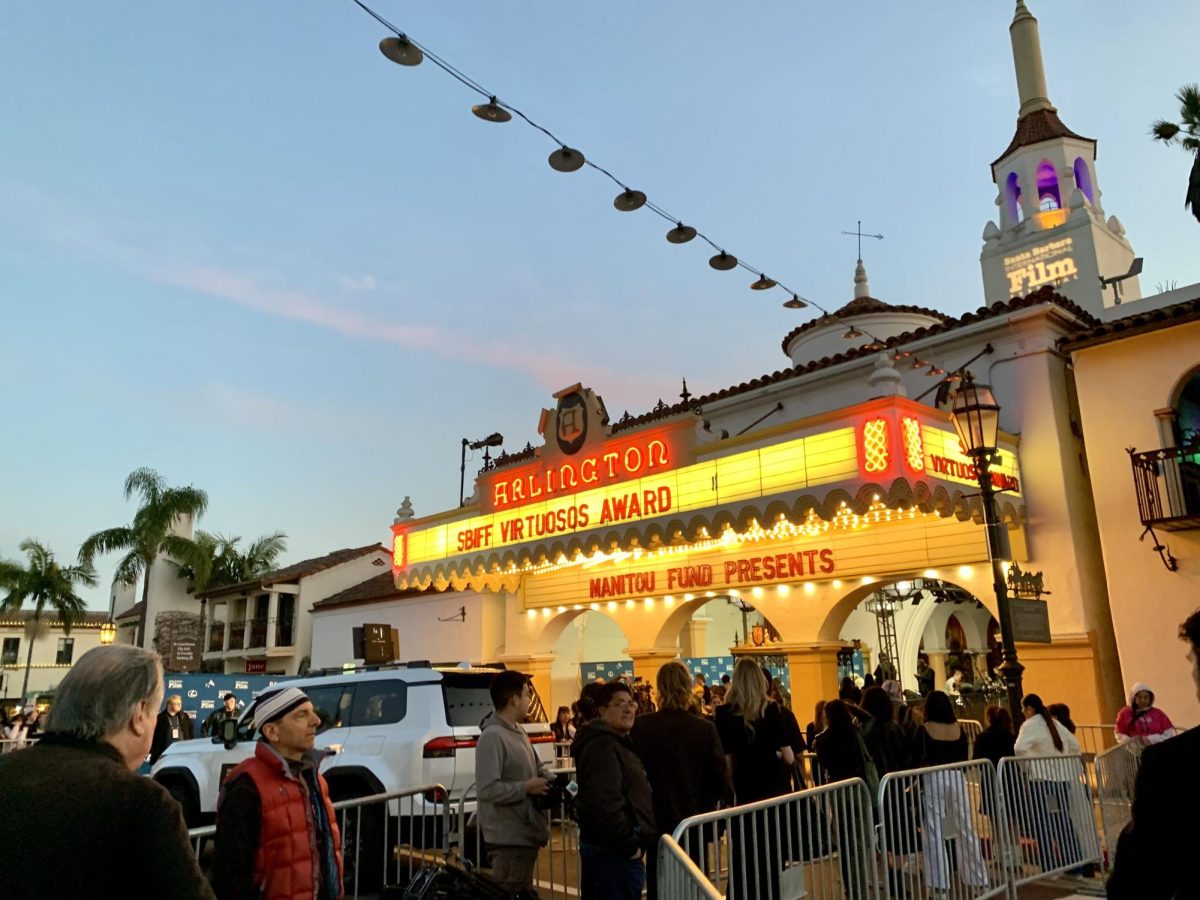Currently, the devastating strife and violence between Israel and Palestine weigh on the hearts of people around the world. This includes our Westmont community, especially the faculty and professors who have intently studied the religious and historical implications of the Holy Land and spoke at the “Conversations that Matter” panel in October. Religious studies professor and Gundry Chair Sandra Richter, history professor Heather Keaney and campus pastor Scott Lisea have shared how they, as Christians and educated individuals, respond to this sensitive situation.
Richter emphasized that we as American citizens should have humility in thinking about the crisis and that we should not “think that we have the solution to centuries of conflict in these other spaces.” Because of this, she believes that one of the best responses for the Westmont community to embody is compassion for all, praying, “encouraging [those we know in-country] with the fact we are praying,” sending resources through reliable organizations and thinking clearly about “the humanitarian situation,” because “peace and justice typically go hand in hand.”
On thinking clearly, Richter mentioned further, “I also find it very troubling that the polarization of American politics has impacted our view of these groups.” She believes this is problematic in that it assumes that the values of our political system are the values of theirs. “I continue to encourage those in my circles to remember that as Christians we are citizens of another Kingdom. Our brothers and sisters in this conflicted region come as citizens of both Palestine and Israel. They are at great risk and suffering terribly. ” Specifically, Richter recounted a recent situation where “UCSB students went around campus and forcefully removed pictures of kidnapped Israelis. My neighborhood website noted that these same students would not take down a picture of a missing cat or dog, why would they see removing an image of a missing human as ‘activism’?”
Keaney is deeply moved by the crisis, and stated, “we can only weep in sadness and in frustration at such events.” Keaney referenced both sides, emphasizing the dichotic nature of the conflict. She elaborated that the Oct. 7 attacks by Hamas were “shocking, and cannot be acceptable to Christ followers,” and that “the lack of any clear definition by Israel of what victory would look like, while talking openly of revenge, leads me to assume that the significant and ongoing loss of life is indeed largely in the aim of revenge.”
While the Israel and Palestine conflict continues to rattle people around the world, it is crucial for Westmont students and the larger Westmont community to know that there are faculty responding to and thinking of this crisis. Lisea expressed his feelings in a response to a question about how Westmont should advocate for peace. He stated, “We advocate for hurting people on both sides and we advocate for the way of Jesus. I have written to our congressmen, senators and President twice in the past two weeks. We should all advocate, otherwise our representatives believe their script is our script. I’ve checked in with friends on the West Bank. We should all cry out to God prayers bigger than our own.” On the lines of praying, President Beebe mentioned earlier this month, “I continue to pray that a third-way solution will be found that puts an end to the cycles of violence and gives people hope that a more just and lasting peace will emerge.” We can all ask for peace in the face of the continuing news being released of this crisis.





